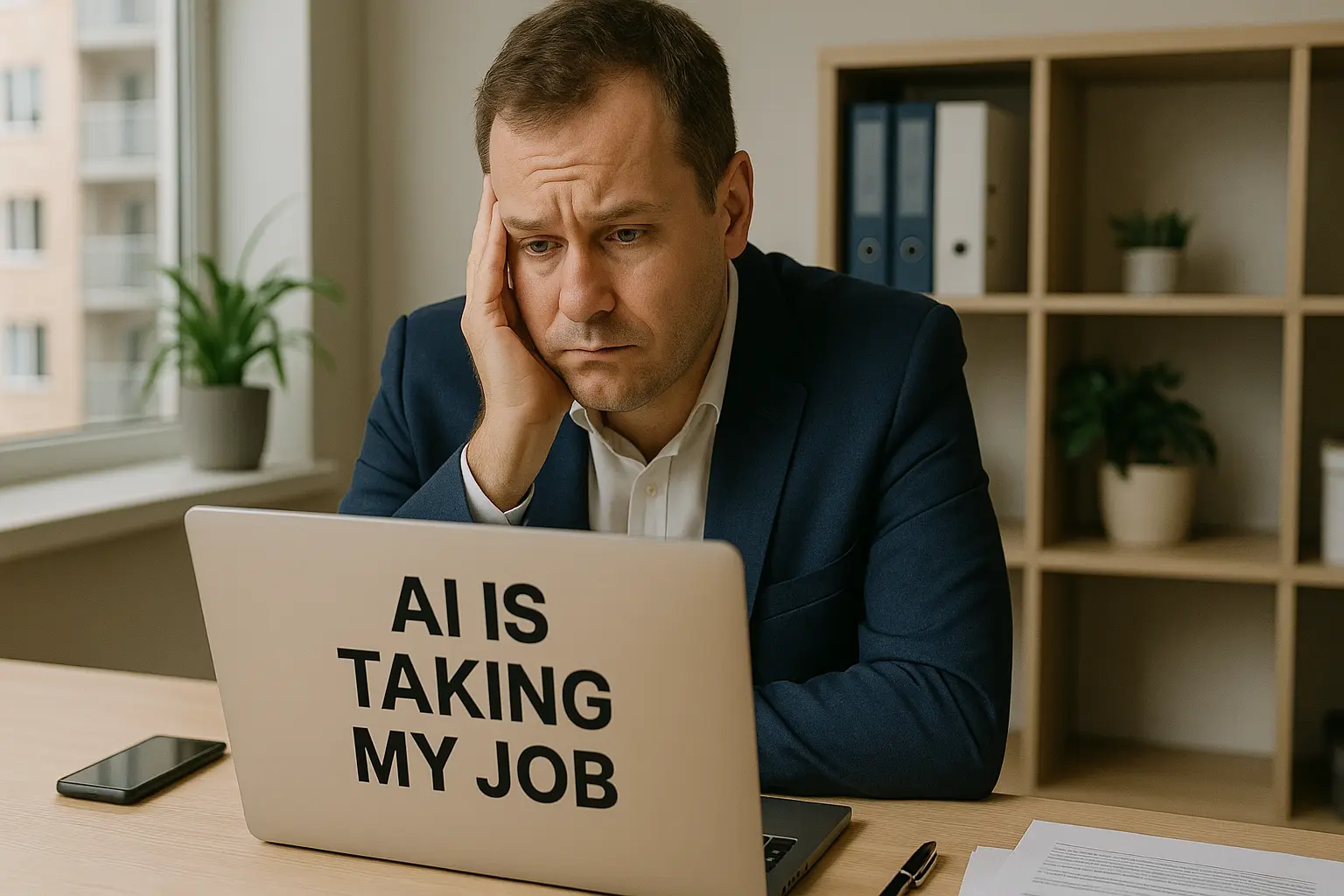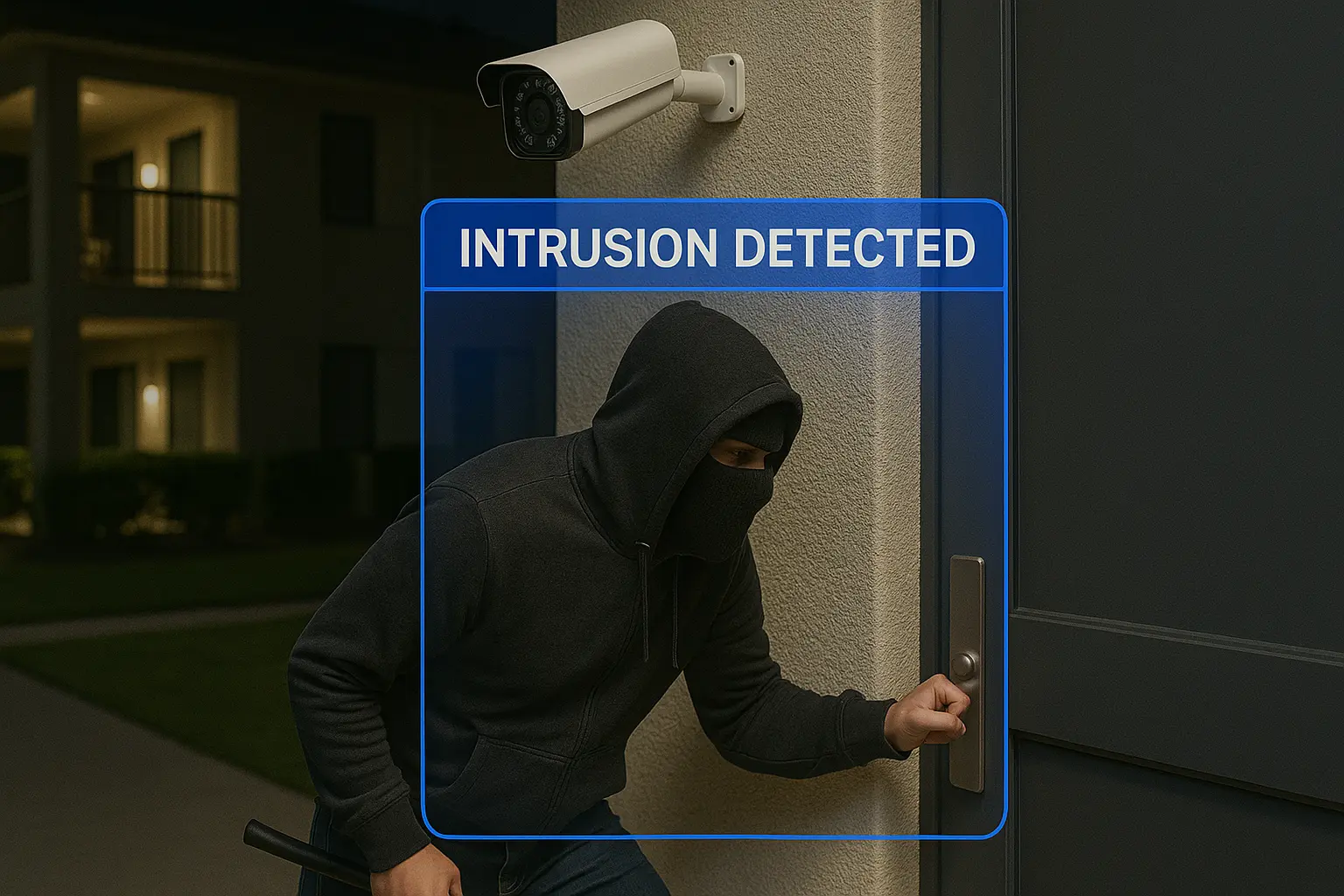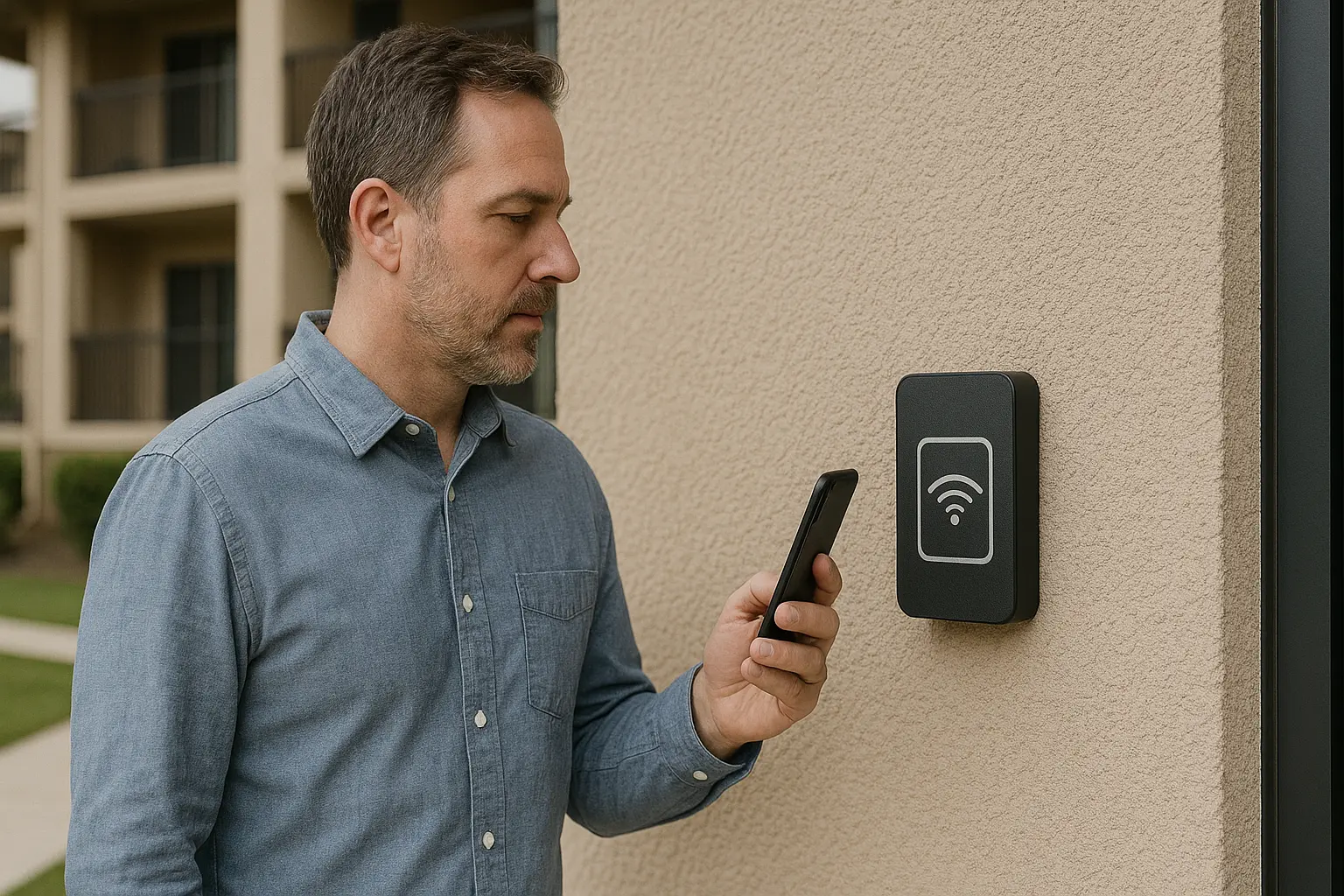How Trespassing Impacts Multifamily Property Security
CSAI Blog
READ NOW
Blog

Rick Bentley. Founder, Cloudastructure. Rick Bentley is the Founder of Cloudastructure. A Silicon Valley veteran engineer and executive, Rick previously sold his company Televoke to Uber and served as an advisor to Google. He founded Cloudastructure to revolutionize video surveillance with scalable, cloud-based architecture and cutting-edge AI/ML analytics. A voice of leadership in computer vision, Rick publishes regularly in security journals such as Security Magazine and Security Journal of the Americas.

“I manage a bunch of apartment complexes. Will I lose my job to AI?”
Not a chance. Everyone talked about how AI was going to replace people in management roles, but the simple fact is AI can’t yet manage being a cashier at a convenience store.
In a recent experiment, an LLM was asked to autonomously run a convenience store. It had web access, could e-mail humans for help, adjust prices, etc. It failed. Spectacularly. Shoppers got the AI to sell them items at a loss and special order goofy stuff, like tungsten cubes.
Your property management job is safe.
So, if AI won’t replace property managers, where does it actually matter? Security. The most valuable—and practical—applications today are in AI video surveillance and AI access control systems.
How many properties do you manage? How many cameras at each property? How many are up and working and how many are broken or offline right now? How does HQ access the video at Property123 when something is happening?
Nothing is more frustrating than when an important event happens, right in front of an expensive camera, only to find out it hasn’t recorded anything in weeks.
With cloud video surveillance, you not only can see every camera and whether it’s working, but your entire organization can pull up the incident as it is happening—right from a phone.

Historically, cameras have simply recorded crime. And even when the footage of the thief is eventually found, both the property and the thief are long gone.
With AI intrusion detection systems, the computer watches all the cameras in real time. When something suspicious happens, the AI sends an alert.
For example, when there is someone in the parking garage at 2 am, it might be a resident going to/from their car. But occasionally, it’s three guys in hoodies tugging on door handles. The AI system detects their presence and alerts a remote guard, who booms down over a loudspeaker. Almost every time, they run away.
What would you rather have the next morning?
Without AI, finding the person who didn’t clean up after their dog takes as long as finding a bike thief—hours wasted rewinding footage.
AI surveillance software can search in seconds and hand you back the video you’re looking for. If you can’t stop crime before it happens, at least you can catch repeat offenders so they don’t do it again.

How often is your front gate propped open because someone is expecting a guest? When someone buzzes every single unit and says “Uber Eats,” how many residents buzz them in?
Most traditional access control systems let people in by default. But with AI access control systems:
Tenants can reserve amenities and access them only when authorized.
AI in multifamily security really comes down to two things:
You and your management team can’t monitor every buzzer or watch every camera. But AI video surveillance and access control software never sleep. They ensure your properties are secure, efficient, and protected.
.png)
Join Cyrus Claffey of ButterflyMX and myself next Wednesday, September 10th.
It’s free and designed for property managers, not engineers.






